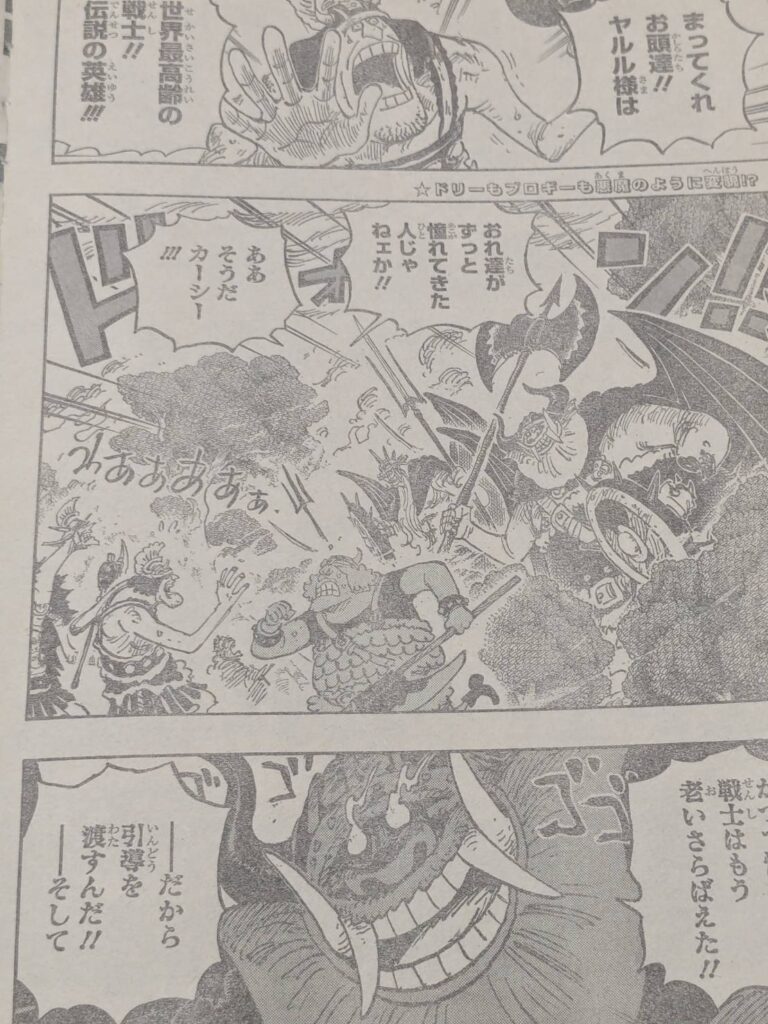In the realm of anime, few series manage to weave a narrative as haunting and profound as Wolf’s Rain. Created by the acclaimed studio Bones and directed by Tensai Okamura, this 2003 series is often remembered not just for its unique premise and stunning animation but also for its deep emotional resonance and existential themes. As we delve into the depths of despair portrayed in Wolf’s Rain, it becomes evident why this series has secured its place as a timeless classic in the anime landscape.
The Premise: A World in Decay
Set in a post-apocalyptic world where the Earth faces an utter collapse, Wolf’s Rain presents a society that has lost its connection to nature. Most humans exist in a state of denial, trapped in a rigid social structure, while wolves, once thought extinct, roam in disguises to avoid detection. The narrative follows a pack of wolves—Kiba, Tsume, Hige, and Toboe—who embark on a quest to find Paradise, a mythical place said to be untouched by the decay of the world. Yet, as they traverse this desolate landscape, layers of sorrow and tragedy unfold, revealing not only the struggles of the protagonists but also the collective pain of a world forsaken.
Themes of Despair and Longing
The main theme of Wolf’s Rain is an exploration of despair—both personal and societal. Each character embodies different facets of sorrow tied to their pasts:
- Kiba, the confident leader, represents the longing for hope and the innate drive to seek something better, becoming a symbol of resilience amidst despair.
- Tsume, with his rugged exterior and complex history of loss, embodies the loneliness that comes from a lifetime of struggle and betrayal.
- Hige offers a glimpse into the anguish of indifference, often hiding his pain behind humor, while Toboe represents innocence—his vulnerability heightening the emotional stakes as the journey unfolds.
The show’s exploration of despair resonates with viewers on a profound level—not merely depicting characters in anguish but inviting reflection on the nature of suffering and the human experience.
The Impact of Symbolism
One of the most compelling aspects of Wolf’s Rain is its rich symbolism. The titular wolves serve not only as medial figures in the narrative but also as metaphors for freedom, lost identity, and the quest for meaning in a broken world. The ever-elusive Paradise embodies an ideal that remains tantalizingly out of reach, much like the dreams and aspirations that often elude individuals in their quest for fulfillment.
Moreover, the show’s visuals—a mixture of lush landscapes and desolate urban environments—play a pivotal role in enhancing its themes. The stark contrasts serve as metaphors for the internal battles faced by the characters, making the journey toward Paradise not just a physical trek but a profound emotional exploration.
Músico Scores: The Heartbeat of Wolf’s Rain
The auditory landscape of Wolf’s Rain, crafted by the talented Yoko Kanno, elevates the emotional weight of the series. The haunting melodies resonate deeply with the narrative, enhancing the sense of despair and longing that permeates each episode. Tracks like "Stray" and "Gravity" encapsulate the essence of loss and yearning, allowing viewers to feel the characters’ pain and hope more acutely. Kanno’s score acts as a character in its own right, intertwining the narrative and emotional threads into a compelling audio-visual tapestry.
The Enduring Legacy
Despite its initial release two decades ago, Wolf’s Rain has continued to captivate audiences across generations. Its universal themes of despair, hope, and the quest for identity resonate with viewers even today, inviting them to reflect on their struggles and aspirations. The blend of raw emotion, philosophical inquiries, and stunning artistry ensures that Wolf’s Rain remains relevant in discussions about storytelling in anime.
The series challenges us to confront the depths of our own despair, mirroring the struggles faced by its character, while encouraging a search for beauty and purpose amid suffering. For many fans, Wolf’s Rain is not just an anime; it is a poignant reminder of the resilience of the human spirit and the enduring search for Paradise, however elusive it may be.
In conclusion, Wolf’s Rain stands as a testament to the power of anime as a medium for storytelling that transcends the surface-level entertainment we often associate it with. Its exploration of despair, beautifully rendered through character arcs, symbolism, and haunting scores, ensures its legacy endures. The quest for meaning in a decaying world remains a timeless and universal endeavor, and for this reason, Wolf’s Rain will continue to resonate within the hearts of its viewers for years to come.


